Eco-friendly Parenting: Top 6 Tips For New Parents

Are you a new parent looking for ways to reduce your environmental footprint? Or are you looking to change and live a more eco-friendly lifestyle?
Eco-friendly parenting is an important choice for those who care about the planet and want to reduce impact.
We have 6 low waste tips that can help new parents to reduce their environmental footprint and make a positive difference.
Introduction to Low-Waste Living
Low waste living is a lifestyle choice that involves:
- Reducing the amount of waste produced
- Using more sustainable & eco-friendly products
- Recycling or composting the waste
Low waste living can be practiced by individuals, families, businesses, and even entire communities.
But low waste living is not just about reducing the amount of waste you produce.
It also involves being conscious of the resources used to make products, what you buy, and where you buy them.
Benefits of Low-Waste Living
The ultimate goal of low waste is to help people reuse and repurpose things that have come to the end of their life. And here are many benefits of low waste living.
Reduces Waste
The most obvious benefit is that it helps to reduce the amount of waste produced, which in turn helps to reduce landfill waste and pollution. Consider reading our article on how you can cut down on waste.
Conserves Natural Resources
Low waste living reduces the amount of resources used to make products and helps to conserve natural resources.
Saves Money
By buying fewer products and using more sustainable and eco-friendly products, you can reduce your spending.
Reduces Packaging Waste
Low waste living can reduce packaging waste, which helps to reduce your carbon footprint.
Creates Sustainable Future
By choosing to live a low-waste lifestyle, you can make a positive difference in the world and help to create a more sustainable and eco-friendly future.
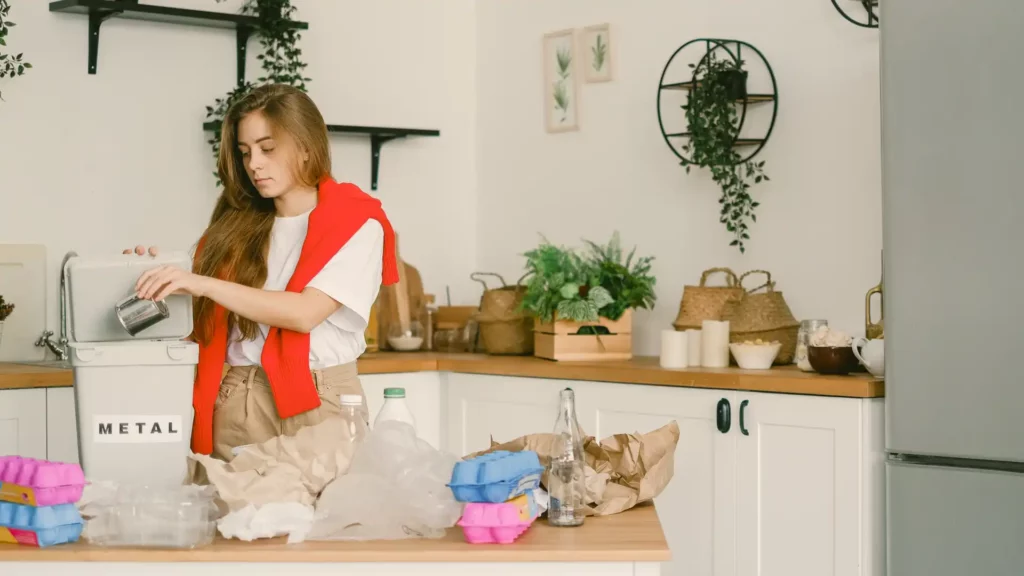
Low Waste Tips for New Parents
Living a low-waste lifestyle as a new parent can be challenging, but it is possible with the right tips and tricks:
1. Ditch The Disposable Products
Disposable products such as paper towels, baby wipes, and toilet paper are significant sources of waste. They are often over-used and, in some cases, used incorrectly.
This can lead to them being disposed of and ending up in landfills.
You can replace these products with reusable alternatives such as dish towels, washcloths, bamboo toilet paper, and bamboo toothbrushes.
After doing this, you’ll save money and reduce your waste output at the same time.
2. Use Reusable Diapers
When you have a baby or a toddler, you use a lot of diapers that come in plastic packaging.
So make sure you buy reusable diapers or use cloth ones. Cloth diapers are eco-friendly and safe.
They’re usually free of toxins and chemicals. These diapers are made with fleece, bamboo, cotton, and hemp.
The benefits of bamboo diapers are antibacterial and quick-drying, and cotton diapers are super absorbent.
These are great alternatives to single-use diapers. This way, you save the planet and money in the long run!
3. Choose Reusable Food Storage
When you have children, you have more food to store. So when it comes to food storage, look for reusable items that you can use over and over again.
For example, instead of using disposable plastic bags, look for reusable food storage containers, compostable bags, or reusable beeswax wraps.
These items are a great way to reduce your environmental impact and be more sustainable.
Want to learn how to better take care of yourself and the planet?
Join thousands of people who receive our newsletter with valuable sustainability and personal care content, tips and tricks.
Spam free. Unsubscribe anytime.
4. Buy Reusable Baby Bottles
Baby bottles are essential items to feed your baby. Usually, baby bottles are made from plastic.
But you can always buy reusable alternatives, like bottles made from stainless steel with silicone nipples or glass bottles.
They are also more hygienic than disposables, as you can wash them after each use. They come in a wide array of colors, patterns, and styles.
And best of all, they are eco-friendly, as they help reduce our reliance on single-use plastics.
Additionally, look for reusable utensils and plates made with natural and renewable materials.
5. Buy Secondhand Baby Items
Becoming a parent comes with a lot of new expenses. But there are ways to curb those costs without sacrificing essentials.
Buying secondhand baby items is a great way to save money and reduce your environmental footprint.
Shopping secondhand also reduces the demand for a new production of baby items, which helps reduce the pollution and waste generated.
Plus, you can feel good knowing that you’re giving a second life to an item that may otherwise have ended up in a landfill.
So if you’re in the market for baby items, check out your local thrift store, online marketplace, or garage sale. Make sure you look for things with natural and renewable materials.
Not only will you save money, but you’ll be helping the environment too!
6. Reduce Plastic Toys
Plastic toys are not only harming our planet, but they can also be dangerous for babies. That’s why it’s so important to look for more sustainable options.
When you buy plastic toys, you’re contributing to the massive landfill problem.
Also, plastic toys often contain toxic compounds that can harm kids’ health. They can contain lead, phthalates, and other chemicals.
When selecting toys, consider buying durable items made from sustainable materials.
Wood, metal, and cloth toys are much better for the environment and can last longer than their plastic counterparts.
Not only it’s more sustainable to buy secondhand, but it’s also more affordable for new parents.
Bottom Line
This may seem like a lot of work, but it’s important to remember that parenthood will come with its own challenges.
The more prepared you are, the better equipped you will be to handle those challenges.
These tips will not only help you reduce your waste output but will also save you money in the process.
This list is a great place to start if you’re looking for ways to prepare for parenthood.
It would also be great if you read our Tips For A Zero-Waste Pregnancy.
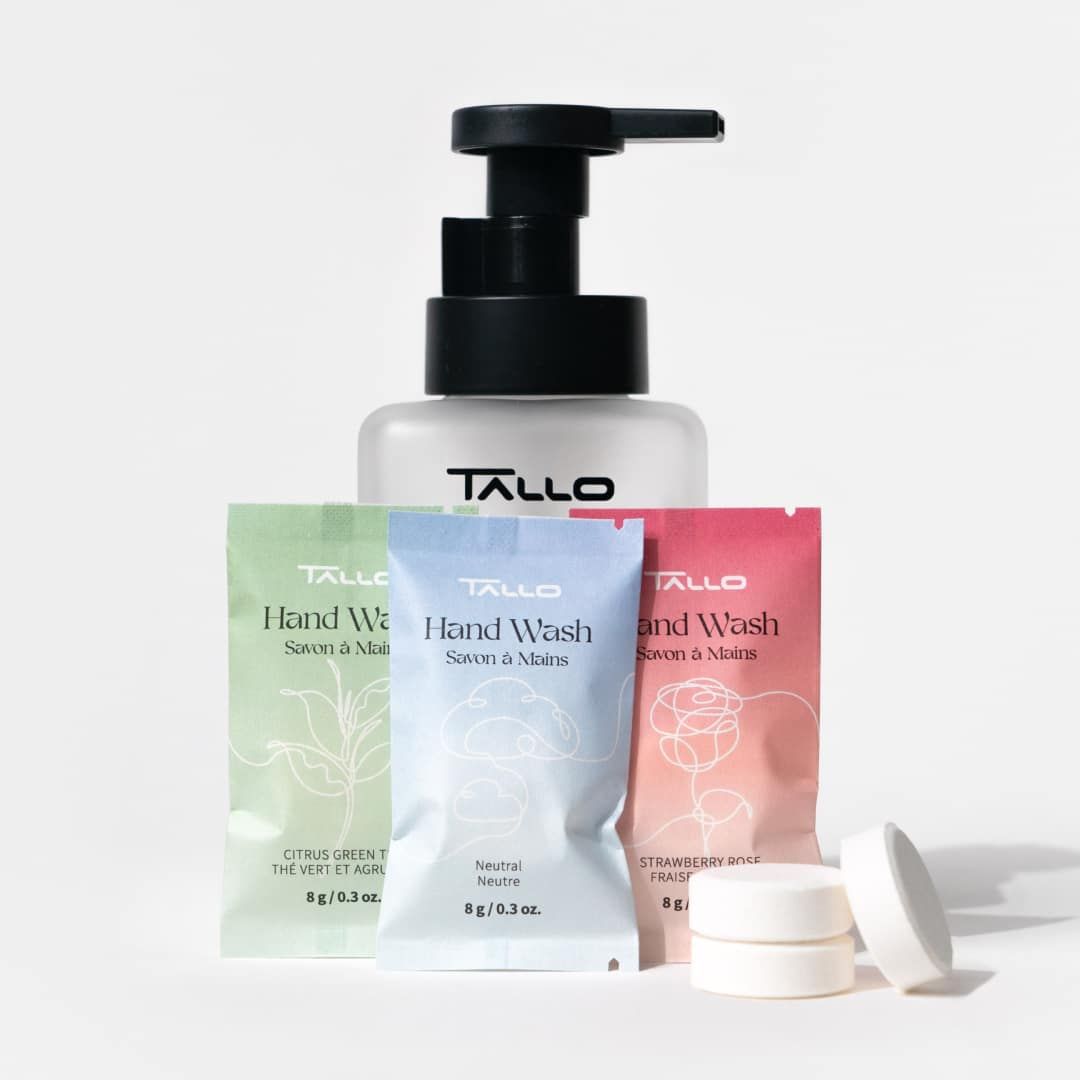
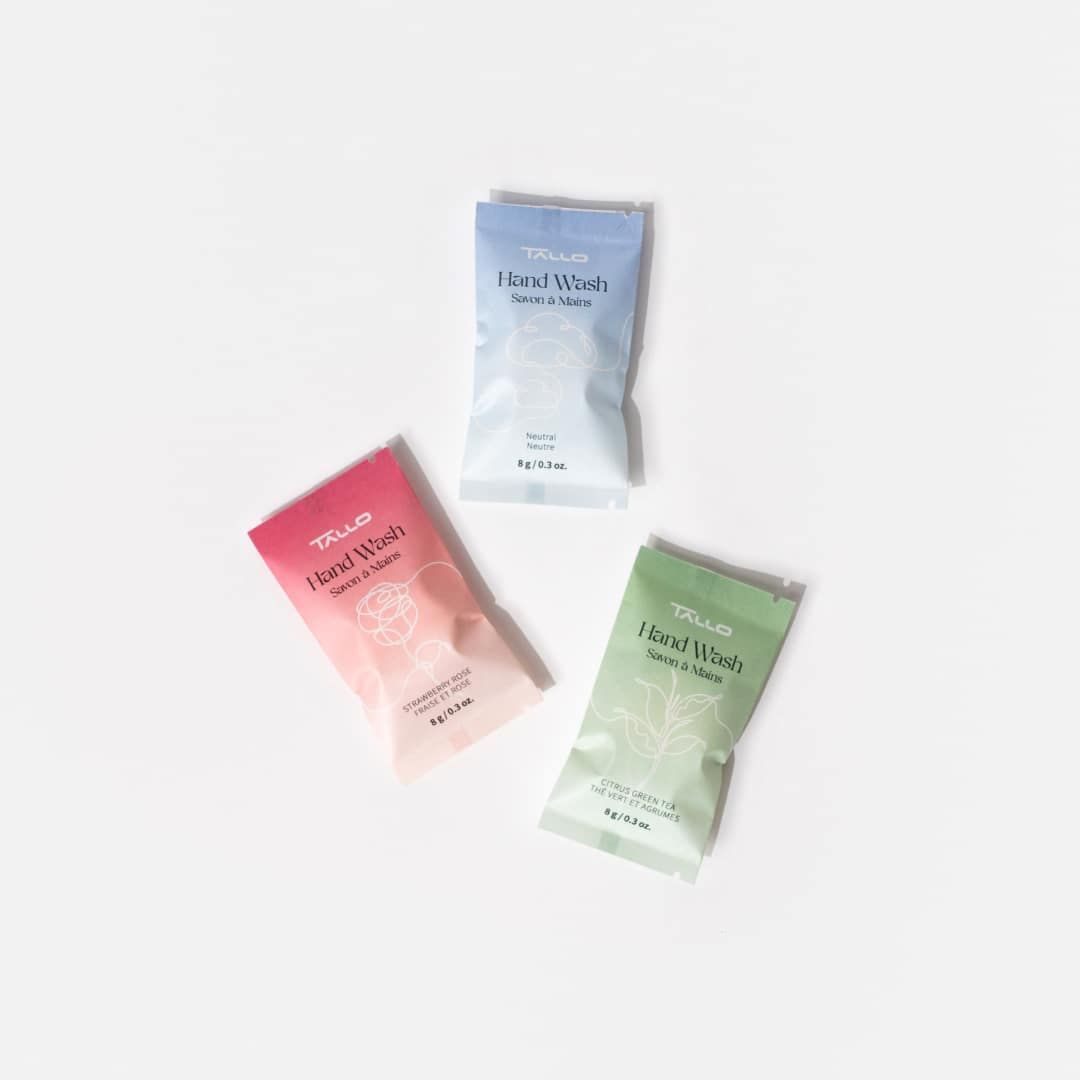
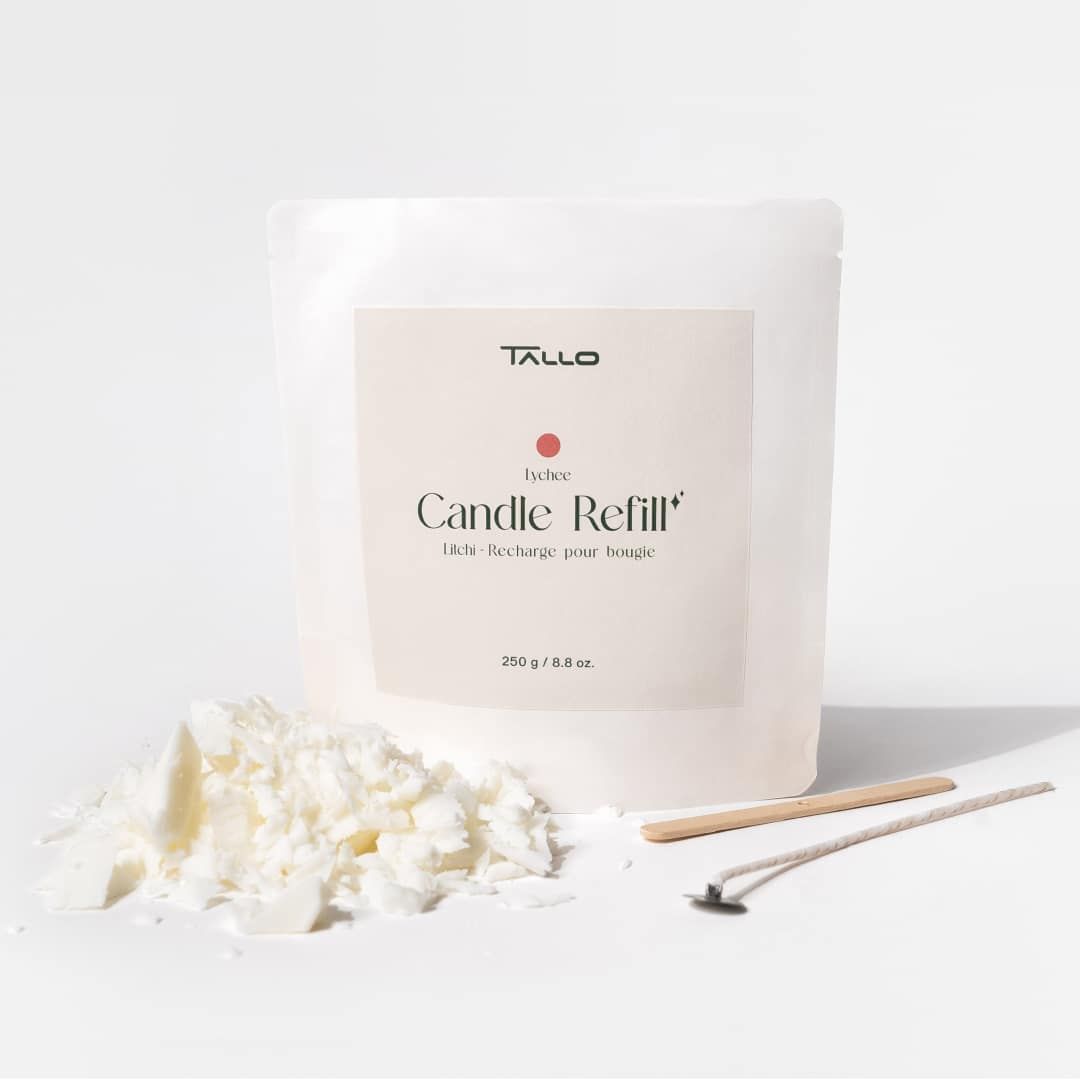



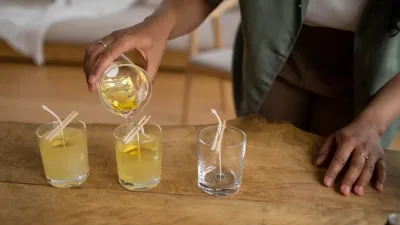





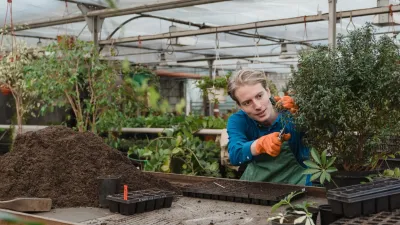

Leave a comment